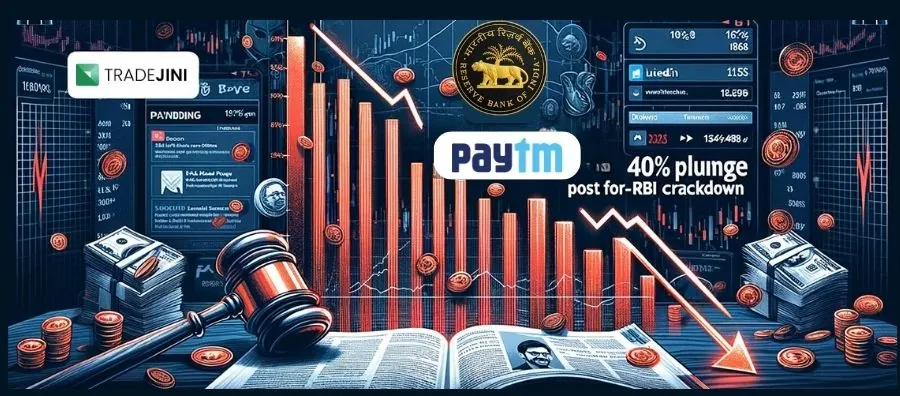More than just a cricket league, the IPL stands as a testament to the seamless fusion of sport, entertainment, and strategic business acumen. Since its inception in 2008, this high-octane 20-20 tournament has not only redefined cricketing dynamics but has also set new benchmarks in revenue generation, sponsorships, and fan engagement strategies.
Let us now decode the IPL business model.
Introduction to IPL
The IPL, launched in 2008, transformed cricket with its dynamic Twenty20 format and energetic team rivalries. With support from the Board of Control for Cricket in India (BCCI) and an idea from Lalit Modi, the league quickly sparked the interest of millions of cricket fans. Featuring powerhouse teams like the Mumbai Indians and Chennai Super Kings, the IPL became synonymous with thrilling cricketing action and intense competition.
IPL Business Model
At its core, the IPL operates on a unique business model that seamlessly blends sport with entertainment and strategic marketing. This model drives revenue through multiple streams:
Broadcasting Rights
Broadcasting rights constitute a significant portion of IPL's revenue. Various broadcasters bid for the rights to televise matches, with proceeds shared among IPL franchises and the BCCI. This revenue stream has witnessed substantial growth over the years, reflecting the league's increasing popularity and viewership. For instance, RCB's revenue surged 163% to Rs 650 crore for the year 2023-24.
Sponsorships
IPL franchises secure sponsorships from leading businesses, ranging from global corporations to local brands. These IPL sponsorships encompass jersey logos, stadium advertisements, and various promotional activities during matches. Brands leverage the IPL's extensive reach and fan engagement to enhance their visibility and connect with a diverse audience.
Merchandise Sales
Merchandise sales form a crucial revenue source for IPL teams. Fans eagerly purchase team jerseys, caps, memorabilia, and other accessories, contributing to the franchise's financial stability. The popularity of star players often drives merchandise sales, further boosting team revenues.
Player Auctions
Before each season, IPL franchises participate in player auctions to build their teams. Players are valued based on their cricketing prowess, popularity, and market demand. The auctions provide an opportunity for teams to strategically invest in talent, often resulting in competitive bidding wars for top players.
Player Endorsements
Many IPL players, renowned for their widespread fan following, also serve as brand ambassadors. Franchises capitalize on players' popularity to secure lucrative endorsement deals, further diversifying their revenue streams.
Naming Rights
Naming rights offer another avenue for IPL franchises to generate revenue. By selling naming rights to their teams or stadiums, franchises forge partnerships with corporate entities seeking to enhance brand visibility and association with the IPL's global appeal. For example, Kings XI Punjab became Punjab Kings when they sold their naming rights to a digital entertainment company.
Revenue Sharing
Revenue generated from broadcasting rights and sponsorships is shared among IPL franchises and the BCCI. This revenue-sharing model ensures equitable distribution of income, supporting all franchises in maintaining competitive squads and operational excellence.
Operational Costs and Investments:
Running an IPL franchise entails substantial expenditures
Player Salaries and Retention Costs: Franchises allocate significant budgets towards player salaries, bonuses, and retention fees for star performers.
Infrastructure and Logistics: Maintaining world-class training facilities, team travel, accommodation arrangements, and logistical support during the tournament season incurs substantial operational costs.
Marketing and Promotions: Aggressive marketing campaigns, fan engagement initiatives, and promotional events are essential investments for IPL franchises to sustain fan interest and brand loyalty.
IPL - An efficiently operating apparatus IPL- An efficiently operating apparatus Every entity that is involved in the IPL is very much needed to run the show and make it a grand success. This understanding of how the IPL business model runs has given us an idea of the intrinsic business model, proving that sports and business can thrive together by making it an entertainment powerhouse more than a regular cricket league. IPL has put a lot of resources into marketing and advertising that has generated significant revenue that keeps on evolving and adapting every new season to become a WORLDWIDE SPORTS PHENOMENON.



